Creator Tools Drive Community Interest and Revenue for Old Call of Duty Games
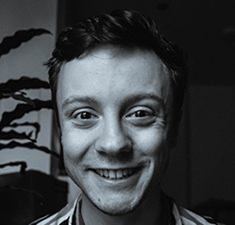 The Zombies game mode within the popular Call of Duty video game franchise has created a massive community of fans and players who not only play and connect with the developers, but with each other as they try to discover every aspect of each piece of content released for the game.
The Zombies game mode within the popular Call of Duty video game franchise has created a massive community of fans and players who not only play and connect with the developers, but with each other as they try to discover every aspect of each piece of content released for the game.
In two versions of the game, they are even able to create their own content that can be played and shared online with other players. This ability to co-create and remix is the focus of this episode, as it leads to the game being more valuable to all parties, from the game publisher that owns the franchise to the player who plays alone.
But you don’t need to be a fan of Call of Duty: Zombies or even video games in general to take community learnings from this conversation.
MrRoflWaffles is a YouTuber and streamer that has grown his channel to over 1.7 million subscribers and 400 million views. His audience comes to his channel to partake in all things Call of Duty: Zombies –– whether it’s the latest news from Activision or deep dives on Easter eggs. In talking with Patrick, MrRoflWaffles explains how mod tools, which allow you to create new content for the game, and Easter eggs keep Zombies fresh, interesting, and challenging to both expert players and folks that are new to the game.
He also shares his “hungry player theory” –– a theory that even as game studios release more content for their games, players are always hungry for more. And while it’s not possible for game studios to constantly release new content, mod tools put the power of game creation directly in the hands of the community.
What tools and tailored experiences can you offer to your community members?
MrRoflWaffles and Patrick discuss:
- Extending the play life of your game and your community by giving your members tools to create
- The importance of communicating through game dev challenges
- How mod tools can alleviate pressure from game studios and developers
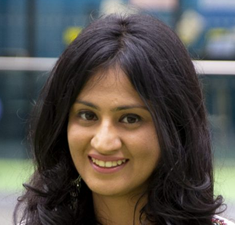 In addition to practicing community management as a profession, many of the listeners, guests, and even members of the team behind Community Signal, manage communities part-time. These might be communities that align with our personal passions or hobbies or communities that exist specifically to help ourselves and others grow. That is exactly the mission of
In addition to practicing community management as a profession, many of the listeners, guests, and even members of the team behind Community Signal, manage communities part-time. These might be communities that align with our personal passions or hobbies or communities that exist specifically to help ourselves and others grow. That is exactly the mission of 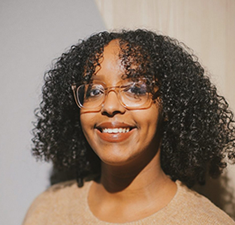 The field of community management is buzzing. We have more tools available to us than ever before and an abundance of communities and resources to connect us with fellow professionals who know our work and want to share knowledge. But what goes into creating inclusive, diverse, and truly open and welcoming spaces for community professionals? Who is given a platform to share knowledge?
The field of community management is buzzing. We have more tools available to us than ever before and an abundance of communities and resources to connect us with fellow professionals who know our work and want to share knowledge. But what goes into creating inclusive, diverse, and truly open and welcoming spaces for community professionals? Who is given a platform to share knowledge?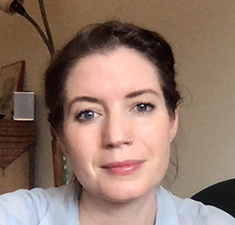 What would happen if you woke up tomorrow and couldn’t share any news articles on Facebook? How would that impact the communities that you manage or the way you share information with family and friends? What if this ban included information provided by emergency services agencies for things like natural disasters, wildfires, and domestic violence? This situation is not a hypothetical one for Australian users of Facebook. Just last week, after Facebook failed to make an agreement to pay Australian news organizations for linking to their content, the company issued a ban that prevents sharing Australian or international news content on the platform.
What would happen if you woke up tomorrow and couldn’t share any news articles on Facebook? How would that impact the communities that you manage or the way you share information with family and friends? What if this ban included information provided by emergency services agencies for things like natural disasters, wildfires, and domestic violence? This situation is not a hypothetical one for Australian users of Facebook. Just last week, after Facebook failed to make an agreement to pay Australian news organizations for linking to their content, the company issued a ban that prevents sharing Australian or international news content on the platform.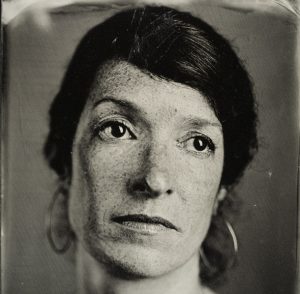 What are the topics of discussion that you would expect to come across in a weather community? Storms, climate change, and forecast accuracy are part of the conversation.
What are the topics of discussion that you would expect to come across in a weather community? Storms, climate change, and forecast accuracy are part of the conversation.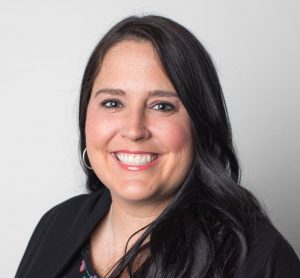 If you have ever used Google to look up a restaurant you wanted to eat at or to research before visiting someplace new to you, you’ve probably depended on information contributed by a Local Guide.
If you have ever used Google to look up a restaurant you wanted to eat at or to research before visiting someplace new to you, you’ve probably depended on information contributed by a Local Guide. 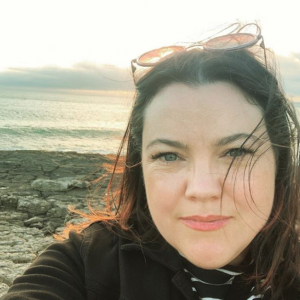 If you were building a community product, how would you start? Who would you choose as your first hire? What efforts would you make to ensure that the product is inclusive, safe, and well-moderated?
If you were building a community product, how would you start? Who would you choose as your first hire? What efforts would you make to ensure that the product is inclusive, safe, and well-moderated?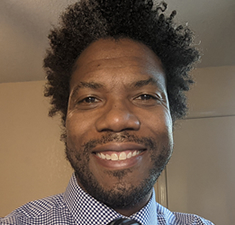 There are many different categories of diversity and, as community practitioners, continuously learning about them and questioning our assumptions will only help us build more inclusive communities. In this episode of Community Signal, we’re joined by
There are many different categories of diversity and, as community practitioners, continuously learning about them and questioning our assumptions will only help us build more inclusive communities. In this episode of Community Signal, we’re joined by 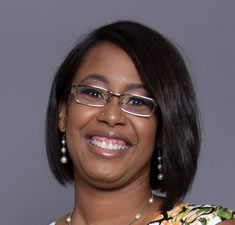 This episode marks 5 years of Community Signal! If you tune in, you’ll hear Patrick share a thank you for the incredible guests and collaborators that have helped get us here, in addition to the sponsors and Patreon supporters that have generously supported this work. We’re proud to share the stories and learnings of our peers in the community industry and Patrick, Karn, and myself look forward to speaking to more of you! If you ever have feedback on the show or want to suggest a guest, we’d love to hear from you. Please
This episode marks 5 years of Community Signal! If you tune in, you’ll hear Patrick share a thank you for the incredible guests and collaborators that have helped get us here, in addition to the sponsors and Patreon supporters that have generously supported this work. We’re proud to share the stories and learnings of our peers in the community industry and Patrick, Karn, and myself look forward to speaking to more of you! If you ever have feedback on the show or want to suggest a guest, we’d love to hear from you. Please 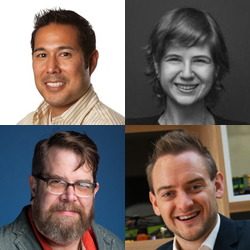 In this episode of Community Signal, Patrick talks to four past guests of the show,
In this episode of Community Signal, Patrick talks to four past guests of the show,